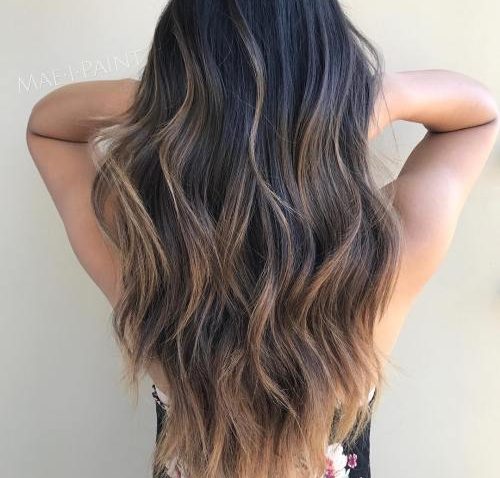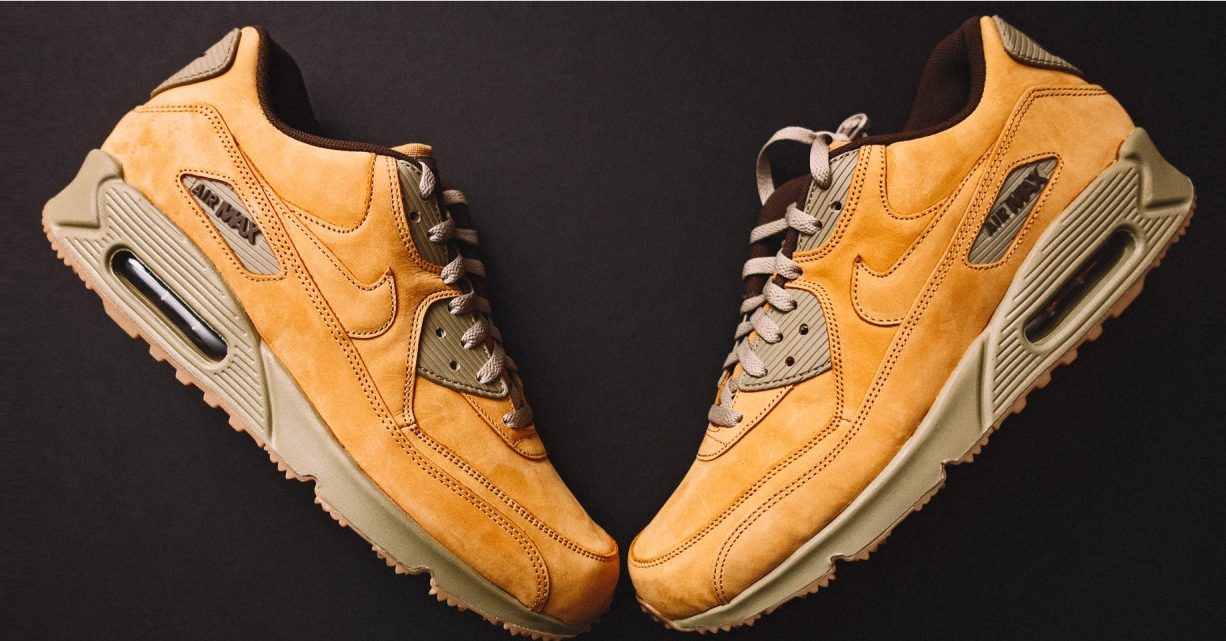Hair extensions have become extremely popular, and women worldwide now make use of these to increase the volume of their own hair. That being said, there are a number of types of hair extensions – and this is not referring to the techniques which are used to attach them to your natural hair – in terms of the quality and type of hair that makes up these extensions. You would expect them, given the look of most hair extensions, to be made definitely out of human hair; however, that is not always the case. There are plenty of examples of synthetic (i.e. artificial) hair being used, but there are also examples of animal hair being used in hair extensions. As such, it often pays to do your research before you invest in a couple of hair extensions at a salon.

Generally, human hair extensions Gold Coast are the recommended choice, and given their high demand (coupled with their relatively short supply), they are naturally expensive. Hair extensions that are impossibly cheap as a result, will almost always involve either synthetic or animal hair. This does not mean that the entire lock of hair is made of synthetic or animal hair (this would make it very obvious), but rather, these hairs are mixed in between human hair to cut down prices of production. To be on the safe side and not find yourself with hair extensions that show their wear within a few weeks, stick to reputable suppliers and salons which abide by ethical sourcing and have earned a reputation for doing so.However, with human hair, you will still find three different types of extensions: virgin, remy and non-remy.
Virgin hair is basically the highest quality of human hair you can find: it can be traced back to a single donor, and the name virgin refers to the fact that the hair has not undergone any sort of chemical treatment (whether by the donor, or later by the company to process it). Since the hair comes from a single donor, the cuticles are all in the same direction, and they will retain their shine and be generally free from tangling.Moving on, remy human hair extensions are generally defined as the best quality of hair extensions, but to be precise, remy hair refers to the fact that the cuticles are intact and aligned in the same direction. Therefore, all virgin hair is remy hair (and hence, the true best quality hair).
Non-virgin remy hair which is somewhat less expensive than virgin hair, has undergone some form of chemical treatment, but is still high-quality and capable of blending well with your own hair.Finally, non-remy hair is basically hair that has been collected from the floors of temples, salons, etc. As a result, you cannot trace a single donor, the hairs may be of different lengths, and the cuticles will not be properly aligned. Non-remy hair likely lasts a few washes at most (therefore, a few weeks at best).
